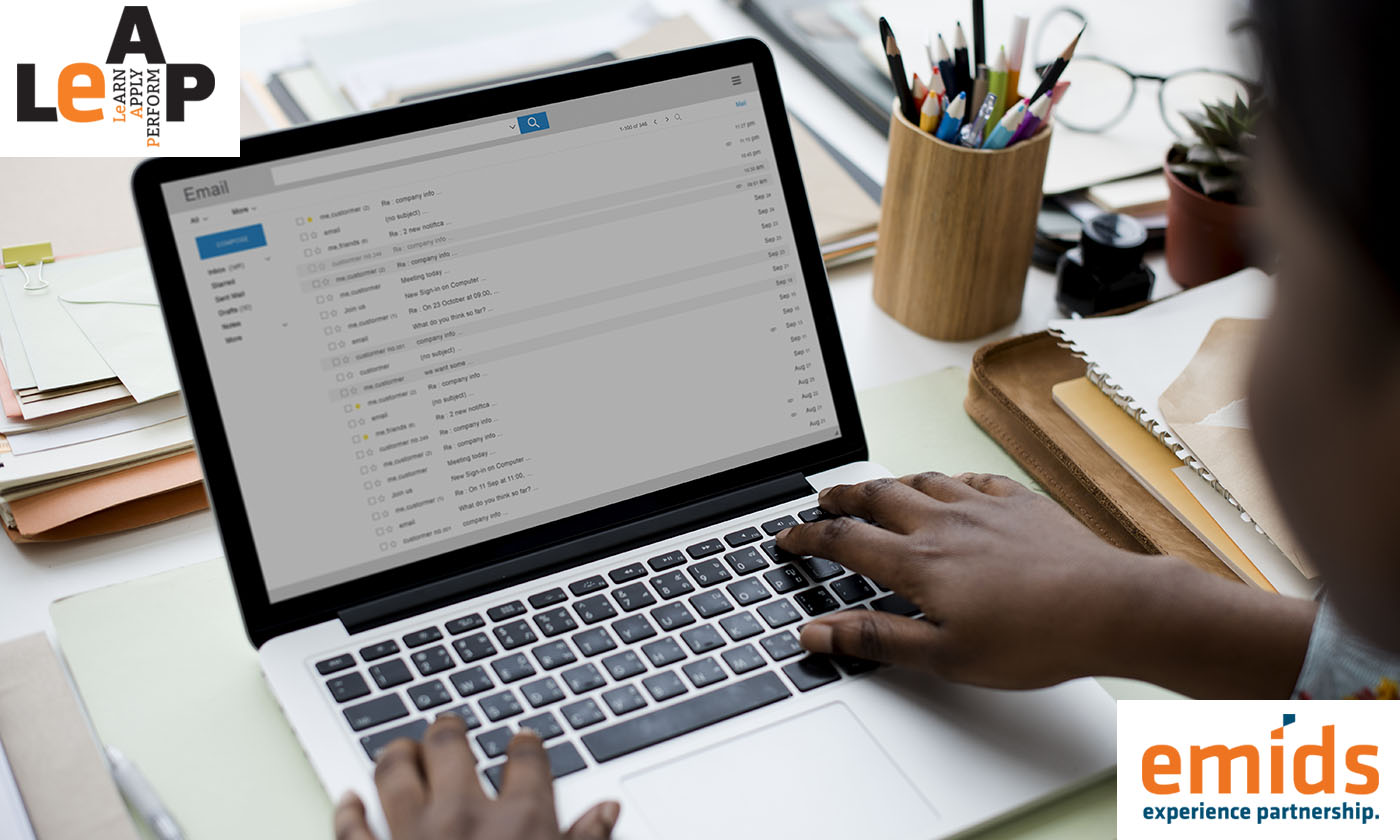Recent studies show that office workers spend almost a third of their total workday reading and responding to messages. Yet, only about 10% of our emails are helpful. These findings get bleaker – the average worker checks email 77 times a day, and the first time is within minutes of waking up. We open each email within six seconds of receiving the notification. The process continues all through the day. Which is why, researchers have found a strong link between spending time on emails and feeling stressed.
Why then are emails so addictive?
Our brains just want to feel good. Says Jocelyn K. Glei, author of Unsubscribe, “The human brain wants completion. When it recognizes that a task has been completed, it releases the feel-good hormone dopamine, which is why we feel happy after clearing our inbox or ticking things off a to-do list. However, our brains particularly like completing small, easy tasks, and email is a perfect example of that.”
So, while dealing with emails initially feels relaxing and productive, it eventually turns into a never-ending activity. After a while, unread emails feel like unfinished tasks. The result? We feel anxious. That’s why we keep checking our mail app! This is also known as the completion-bias, where we are driven to bring our inbox down to zero.
We operate on a variable schedule of rewards. In other words, we are hooked to being rewarded with something important, but we don’t know when it is coming. Checking emails is like gambling. We always want to try one more time, in the hope of winning more money. With emails, we keep looking for that one life-changing message or important note. This pattern is also referred to as the lottery brain. Note, that this is subconscious. On being asked what people were really looking for in their emails, their responses were surprising – everyone was looking for something deeper:
- “Someone finally apologizing to me for what s/he did to me.”
- “News that a windfall of money is owed to me.”
- “A perfect job from someone who happened to discover me.”
- “An acknowledgment for a piece of work or good deed that I did.”
- “A note expressing my importance in someone’s life.”
Responding is a social debt. When someone writes to us, not responding immediately makes us feel guilty. The longer we take to respond, the longer our apologies get. Studies show that humans tend to adhere to the rule of reciprocity in social interactions. This means that we want to respond to a positive action with another positive action. Like for like. That’s why we return compliments immediately. While this cooperative behavior has helped the human species survive, do we need to apply it to the email dance?
The statistics provide enough reason to reign in our email addiction and be more conscious of when and why we access it. How will you make this happen?








